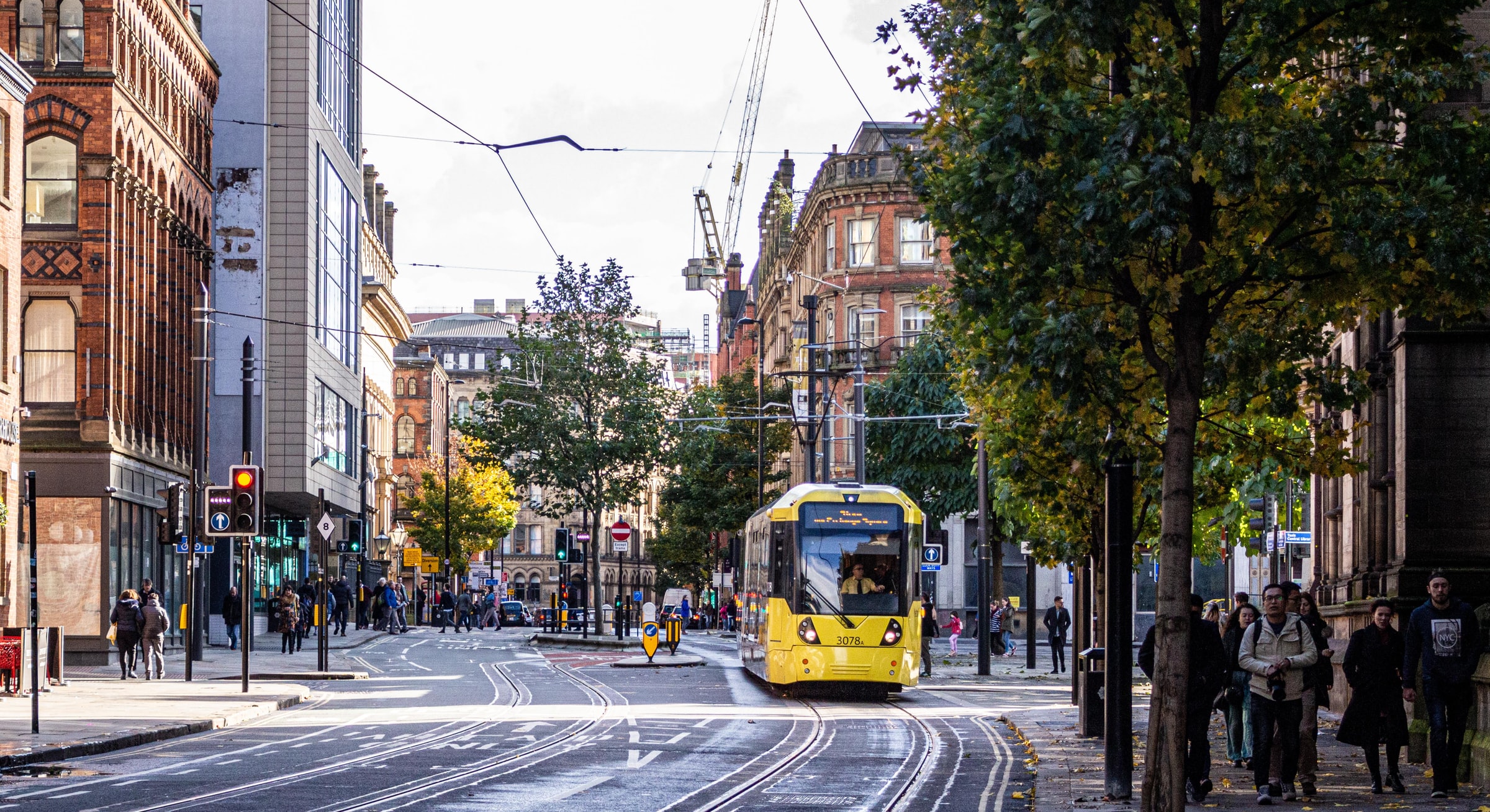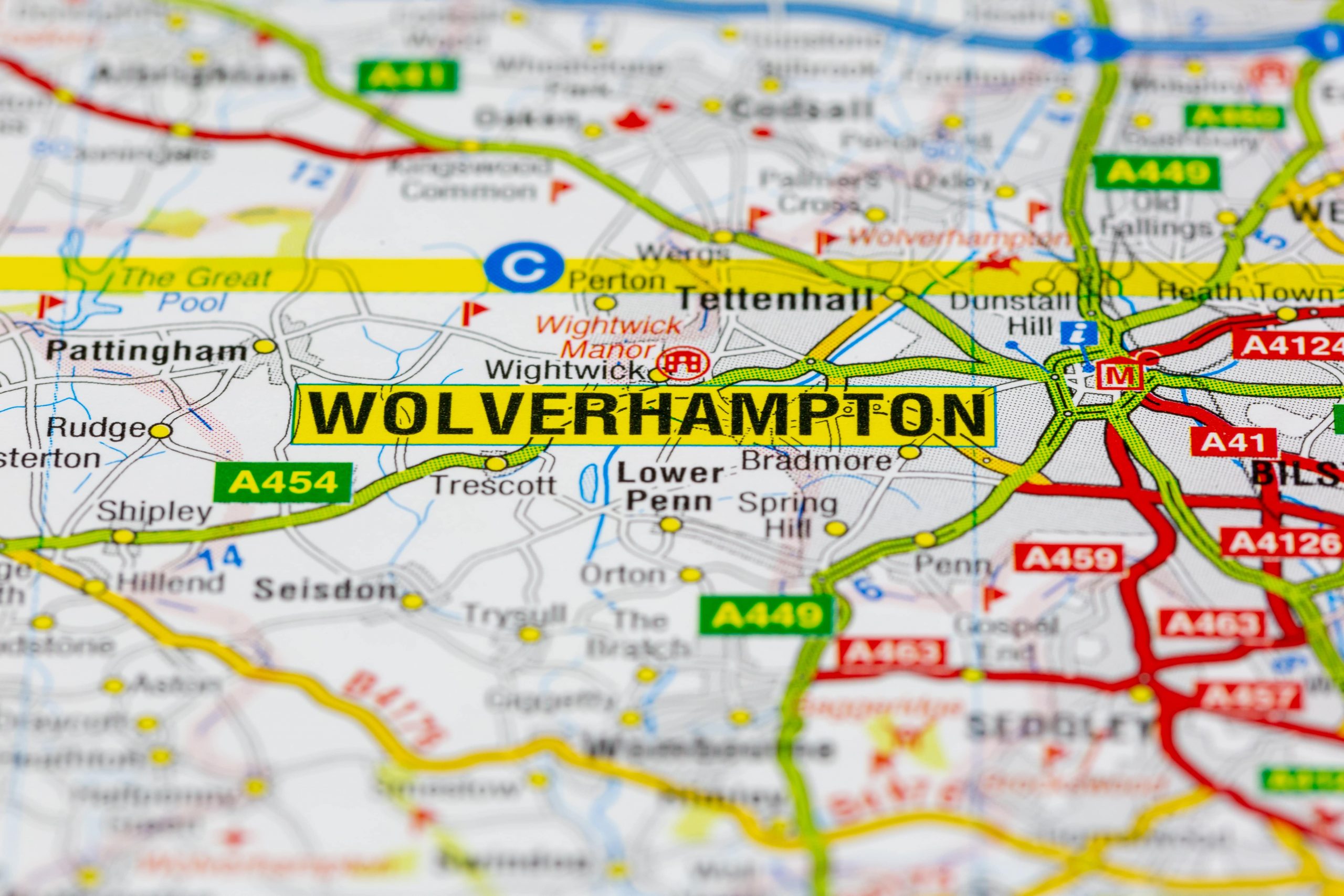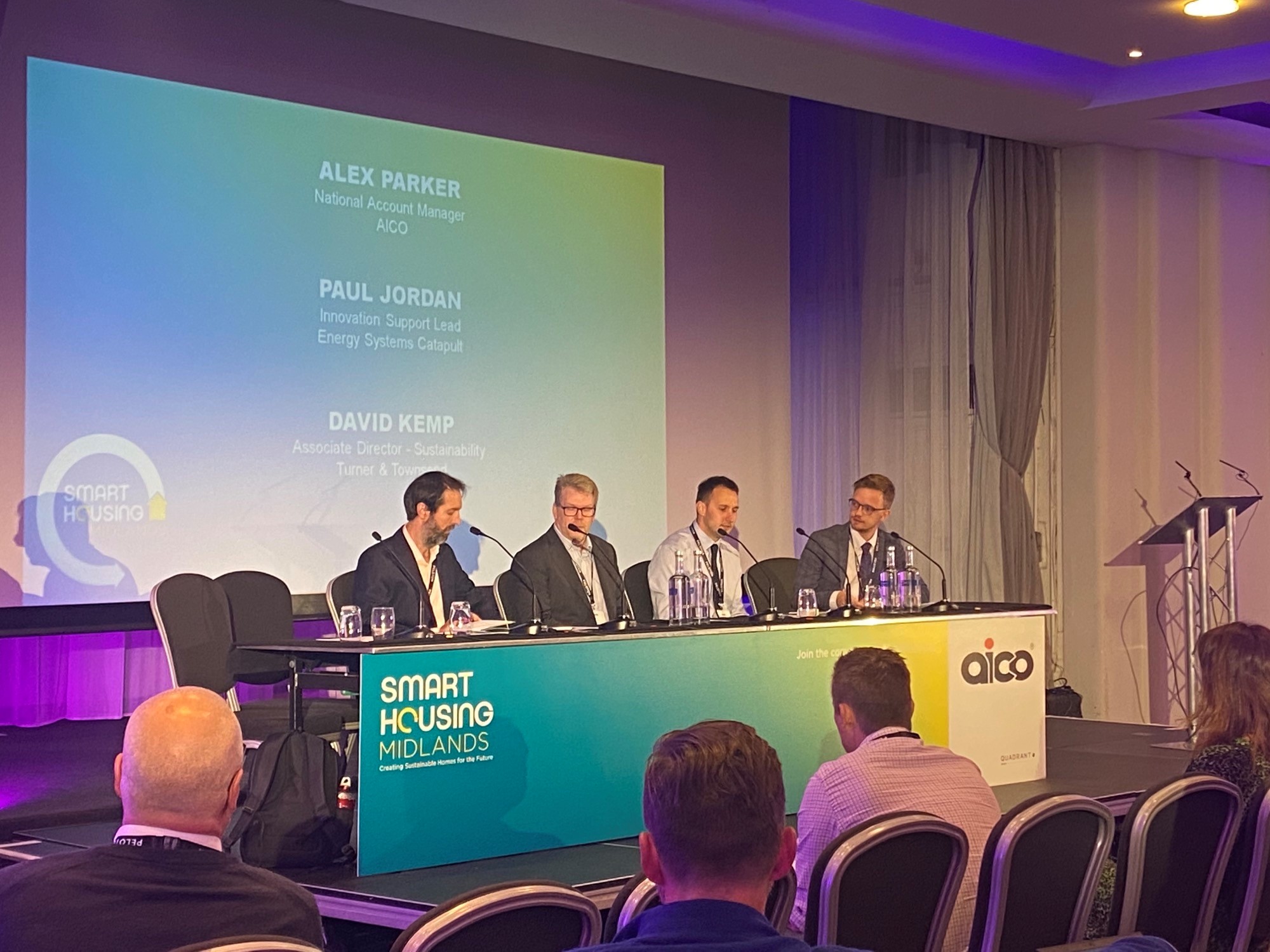How Will Manchester Council’s Digital Strategy Push “Whole City” Vision?

Manchester City Council has outlined four key themes in its new Digital Strategy to 2026: Smart people, digital places, future prosperity, and sustainable resilience. Housing Industry Leaders looks at the themes and how this will benefit people in the city.
Developed by the council with the input from 63 partners, the plan is a vision for the “whole city” and hopes to incorporate the public, private, voluntary and community sectors, as well as residents.
Focusing on ensuring Manchester’s citizens have the skills and opportunities to access jobs in the growing digital sector, the city will work with the industry and training providers to deliver skills which are expected to be in demand, including more specialist sectors.
The city has said it will follow the Eindhoven Principles, developed by the Dutch City, to ensure the use of data and the IoT is supported by a clear framework of ethics and social responsibility.
For Manchester’s digital future, this digital strategy is the vision, and it is explained in the strategy that “it sets the priorities that our whole city – our public, private, voluntary and community organisations and our residents – will be able to work on together to make Manchester one of the world’s leading smart cities and digital economies in the next five years.”
Digital Places Will Improve Connections
As technology is constantly changing, it is essential that people have the right digital skills and connectivity in places. Digital places should ensure that a similar set of principles are adopted to make sure that digital and technology are used in an ethical and responsible way.
It will enable residents to access services, learn, and work from any location and at any time while supporting businesses and organisations to take advantage of the opportunities for innovation created by high speed and secure networks.
In addition to this, it will enable the city’s public services and institutions to operate more effectively by making better use of data. Improving connections between businesses and the people of Manchester is key.
To do this, existing networks will be strengthened, new potential areas for growth will be identified and work will be seen with organisations such as Greater Manchester Combined Authority and Manchester’s investment promotion agency on targeted digital investment.
It Is Essential To Create A Digitally Inclusive Economy
Reaching zero carbon and climate resilience goals is the aim and working to build sustainable resilience using digital innovation will encourage this. Looking at how collecting and sharing data around carbon emissions could potentially help to reduce them. One example of doing this is through the increasing use of electric vehicles.
Council Leader Cllr Bev Craig said: “Manchester is the UK’s leading digital city outside London with a fast-growing concentration of innovation, expertise, and talent. But we can’t and won’t settle for that. We must build on these strengths to create a digitally inclusive economy where everyone is equipped with the skills and infrastructure needed to share in – and contribute to – success. We must also seize on the potential of technology to help us meet the collective target of Manchester becoming zero carbon by 2038 and manage the impacts of climate change.
Our digital aspirations aren’t separate to the wider strategy for a thriving and sustainable city – they are fundamental to it. This new strategy will help power us along that path.
To deliver the strategy, the council will now look to establish a small digital team to work with key stakeholders.

